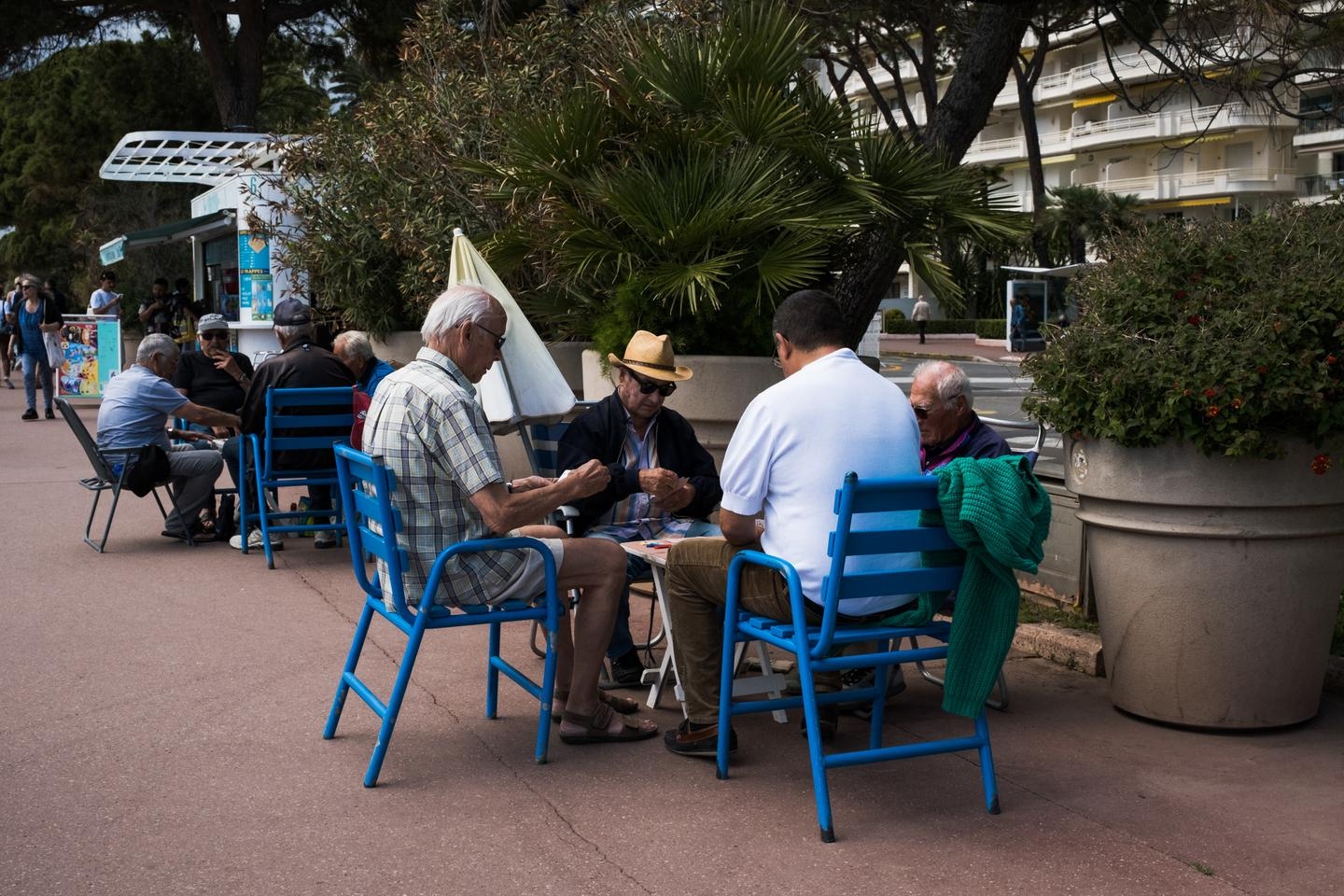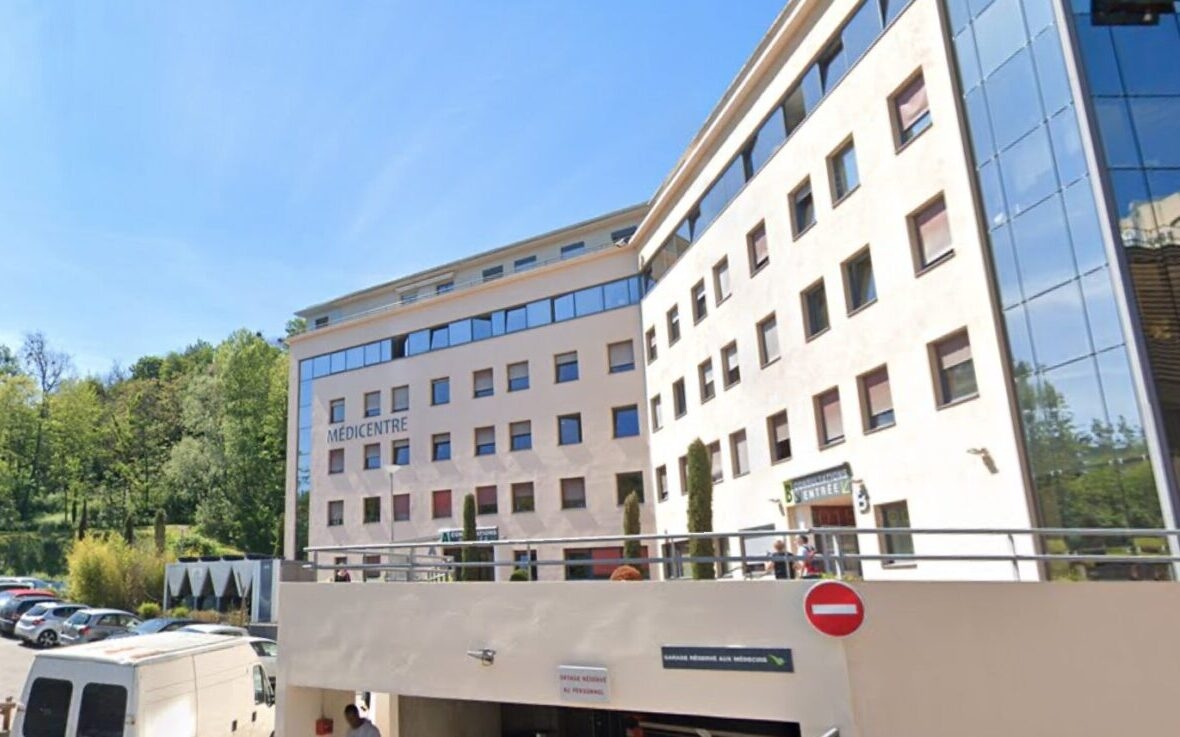A movement that is "extremely well-supported" in the Rhône region: why will private radiologists be striking on Monday?

While the National Federation of Radiologists (FNMR) has called on its members to strike on Monday, November 10, the movement is expected to be widely followed in the Rhône department.
Scheduled procedures postponed, private imaging services at a standstill... This Monday, November 10th, private radiologists will be on strike in the Rhône region. The strike, led by the National Federation of Radiologists (FNMR), is a protest against the upcoming reduction in fees, planned by the National Health Insurance Fund and the draft social security finance bill.
" In Lyon, we are a very structured network and the strike will be extremely well supported ," Dr. Aymeric Rouchaud, a pediatric radiologist at the Val d'Ouest clinic, told our colleagues at Le Progrès . " More than 90% of radiologists are expected to be on strike. "
Read also: Medical emergencies: the importance of 24/7 imaging
In practical terms, private imaging services will almost completely cease, and patients have been asked to postpone their scheduled appointments. "We didn't really believe it would happen because we're business owners, so this is costing us a lot of money. But it's so serious! These cuts are putting our businesses in difficulty, but also the patients ," the specialist continued.
While some radiologists were already striking during the on-call period in hospitals, the movement is expected to be extended to emergency departments for the entire day on Monday. " About ten requisitions have been submitted to the Prefect to ensure the safety of emergency care that day ," the Auvergne-Rhône-Alpes Regional Health Agency (ARS) told Le Progrès .
In concrete terms, the national health insurance system will lower the rates for a large portion of imaging examinations starting at the end of 2025, primarily CT scans, MRIs, and PET scans (Positron Emission Tomography), whose flat-rate fees will fall by approximately 12% by 2027. These reductions will " have immediate effects on patients' daily lives, " according to the FNMR (National Federation of Medical Researchers), with longer waiting times for examinations and potential closures of practices, especially outside major cities. They will also weaken the screening and treatment of certain diseases, including cancers and chronic illnesses.
Lyon Capitale



